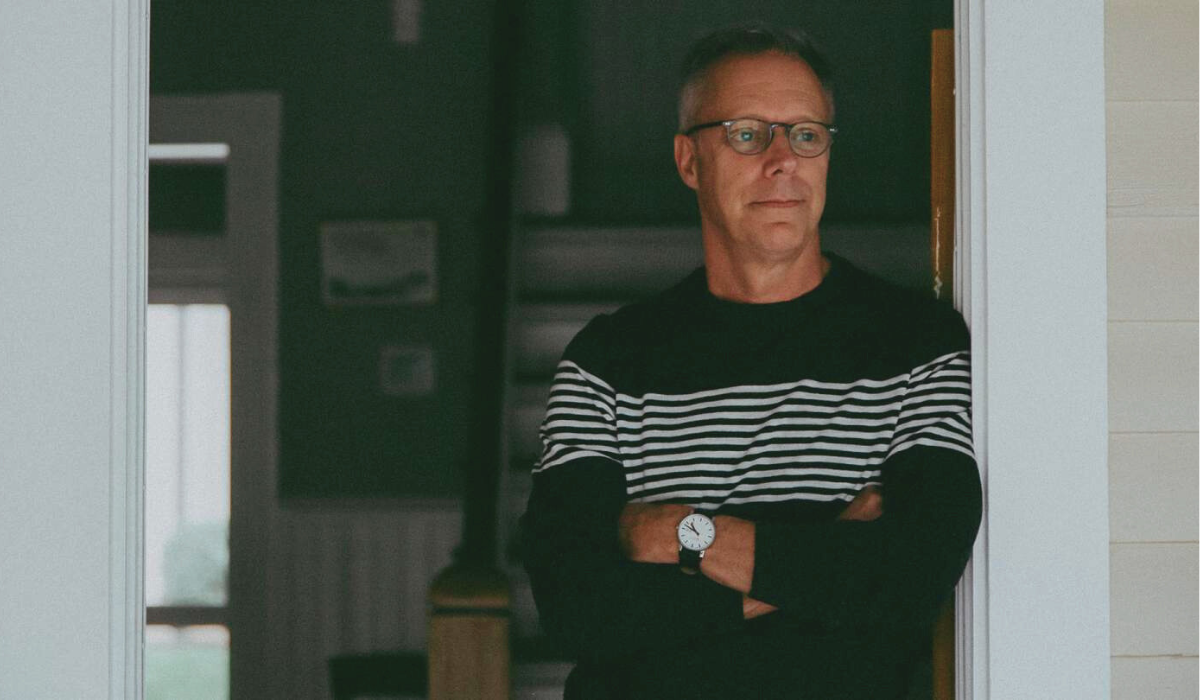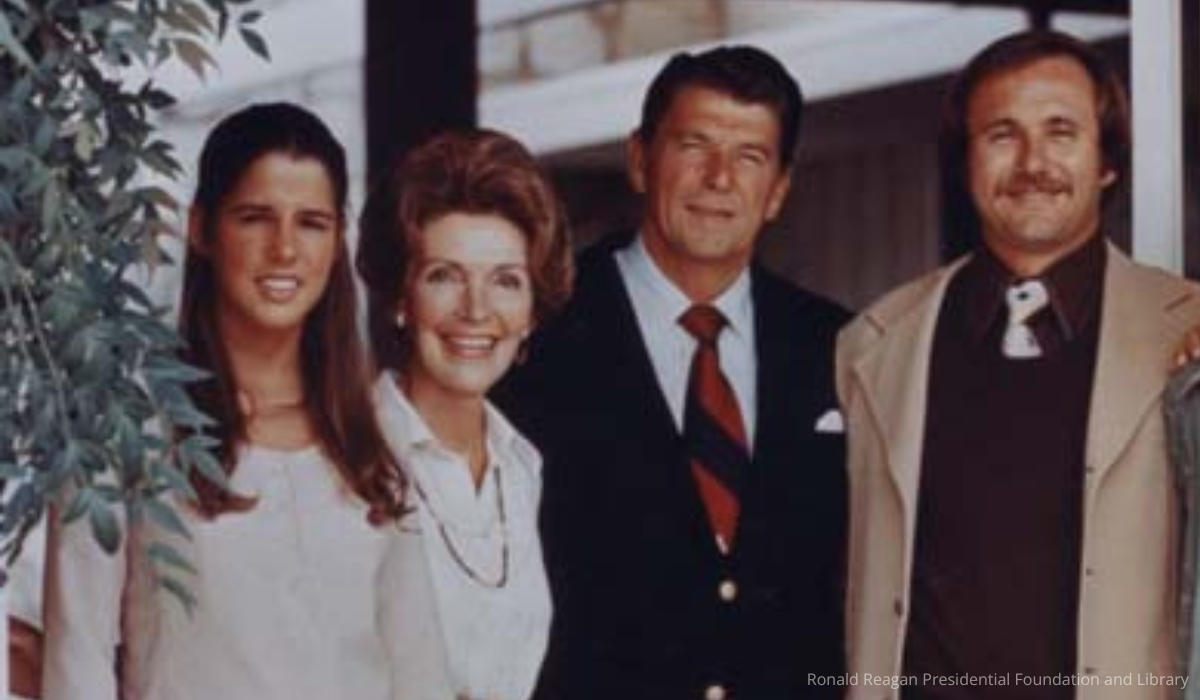What Are You Most Afraid Of?

The day after Charlie Kirk was assassinated, my friend Mike—an Afghanistan veteran and self-described “conservative”—texted me, “How do we bring back civility in civil discourse? I just don’t understand.” My quick reply, as a civility expert, “I don’t understand either. And I’m feeling pretty close to despondent.”
A week has now passed since Kirk’s murder, and I still don’t have a quick fix much less a panacea. But I did take note of a few small steps in the right direction. In Rhode Island and Connecticut, young Democrats and Republicans issued joint statements condemning political violence. Calls for unity came from some unlikely sources, like Pat McAfee, the outspoken ESPN sports host who’s popular among young men. But otherwise we’ve seen a maelstrom of blame and vitriol, even a call for war against the “radical left” by the president.
For more than two decades I’ve written and spoken about the need for greater civility in the United States and abroad, including a podcast (“The Civilist”), a TED Talk (“3 Ways to Practice Civility”) and regular columns in The New York Times and The Washington Post. And yet I’m stumped and frightened about where we go from here.
In the midst of living in bleak house, I surprisingly recalled an invitation to speak at the local Chamber of Commerce a few years ago. “Why me?” I’d wondered, since the Chamber’s mission to be the voice of the business community is far from the focus of my work as a newspaper columnist and book author.
When I mentioned the invite to a few friends, I got some strong blowback, including this accusation: “Why would you want to associate with those people?”
“Huh? Those people? I don’t even know them, nor do you.” Still, I understood “othering,” which is when we define or label a person or group as alien or inferior, creating an “us versus them” mentality. It’s often used to justify negative stereotypes about those different from “us.” In addition to the casual shade I experienced when mentioning the Chamber’s invitation, a local merchant warned me against attending the annual celebration because of the group’s perceived conservative bent.
But if I accepted the Chamber’s invitation, I knew I’d have the opportunity to address a group of “unlike-minded” neighbors, which is a rarity since I, like too many of us, live in an echo chamber. I accepted, hoping something good could result.
I had one other reason: The Chamber had promised to buy a copy of my new book for everyone in attendance, close to 100. What author can turn down such a proposition?
That book, Stupid Things I Won’t Do When I Get Old, is a snarky take on the not so funny topic of aging, isolation, and illness. It also has an important subtext: an attempt to combat the stereotypes pinned on our elders (decrepit, forgetful, out of touch) and the importance of bridging divides between generations, which many researchers say helps everyone broaden their views, learn new skills, and make connections with “others.”
I wondered if I could use this speaking opportunity to emphasize what we—younger and older and those in between—have in common rather than what divides us. A beginning? A metaphor?
I went to the Chamber event two months later, and as I expected, I hardly knew anyone, which saddened me because I’d lived in Hillsborough for a decade. Among those in the ballroom I saw Boomers, Gen Xers, Millennials, and Gen Zers; Black, Brown and white people; men and women; Republicans and Democrats.
Apparently, I don’t cross paths with many of the town’s merchants, like the construction engineers and pest exterminators, who are located outside the historic downtown, with its galleries, restaurants, and boutiques. Nearly half of those present were Black business owners (and their spouses), which was a painful reminder how day-to-day life remains segregated in Hillsborough, and many southern towns.
“At your seat you’ll find a pen and piece of paper,” I began that evening. I could feel the nervous energy in the room as people wondered, “What is he up to?”
I’d come up with an exercise, asking everyone to answer a simple question: “What are you most afraid of?” The chatter completely evaporated as I could see people begin to consider their answers. After several minutes I collected the slips of paper, putting them in a hat. And then, one by one I pulled them out and read them aloud. I didn’t know what I’d learn. Here’s some of what I pulled out of the hat:
· Death of a family member
· Wasted potential
· My support system
· My independence
· Death of a loved one
· Loss of stability
· Loss of mental health
· Death of a loved one
· Losing my family
· My children as they grow into adults
· Local democracy
· Death
· Hair
· My alone time if my husband retires
· Losing my wife in death
· Mental capacity
· Memory
I continued to read, with so many responses focused on loss. Loss of a child or a grandchild; a spouse; family respect; faith and rights; the death of a beloved pet …. and on and on.
The room remained hushed as the impact of my experiment crystallized—for me and for them. It wasn’t death, loss, and grief that hung in the air, exactly. It was how much we all cherish our loved ones. How deeply we fear their loss. What binds us is the wellbeing of those we care for most, most fear losing, and are almost desperate to protect.
I have repeated this (admittedly non-scientific) experiment several times since, with groups nationwide and in Canada. The focus on loss has remained pretty much the same, which is another way to say that we’re terrified. I don’t know about you but I’m at my worst when frightened, or worse, when I feel threatened.
Since then, I’ve begun to talk publicly and write often about what scares me, and makes me feel vulnerable. Not only what keeps me up at night, but what leads me to retreat and to “other” those unlike me. It’s a basic instinct. But then I take down the hat that contains all those slips of paper, and I read through them, understanding how much the same we actually are, and find myself grateful. Sometimes I even let myself hope that we’ll get back to a place of civility in civil discourse after all.
Please note that we may receive affiliate commissions from the sales of linked products.



